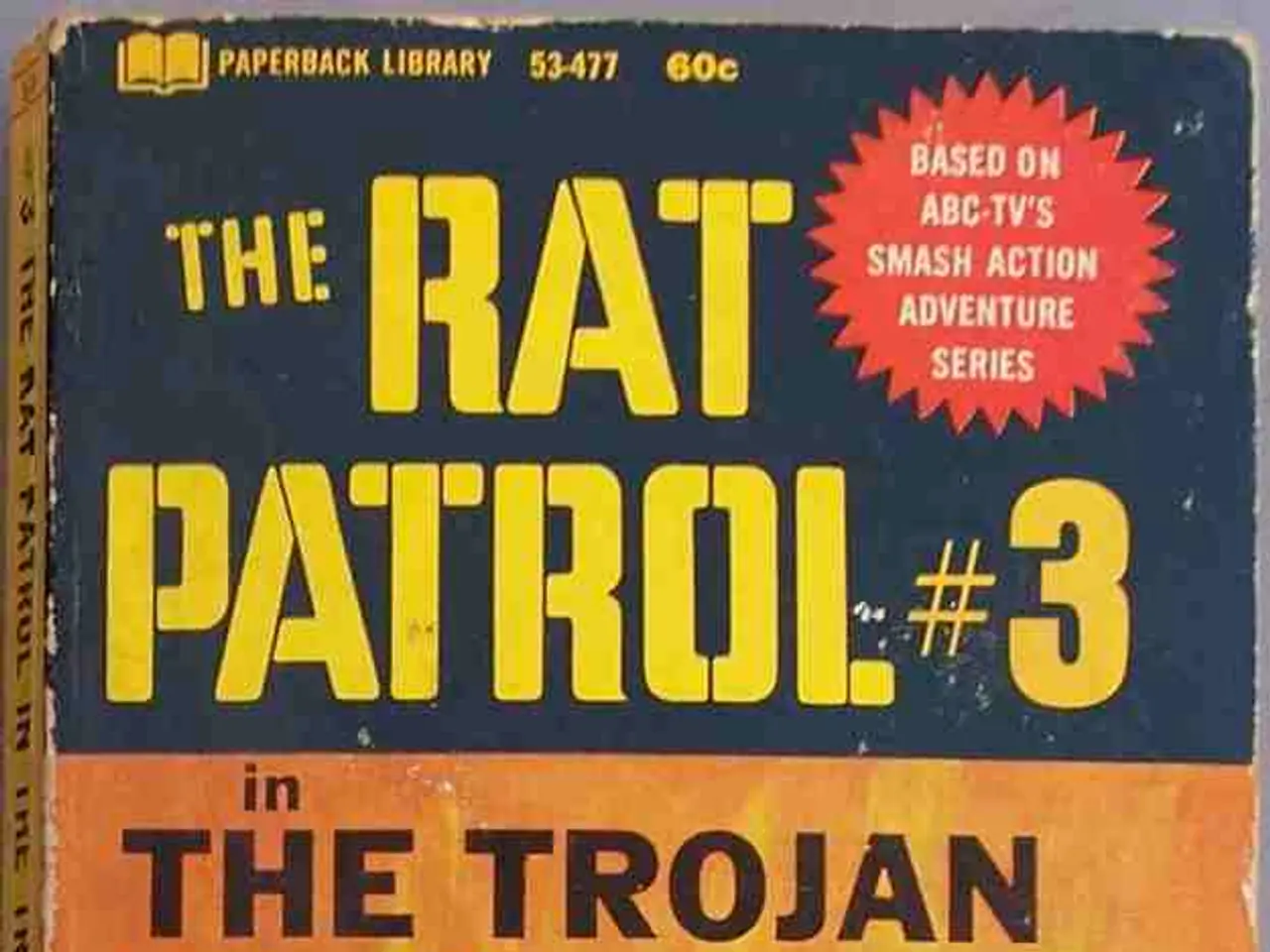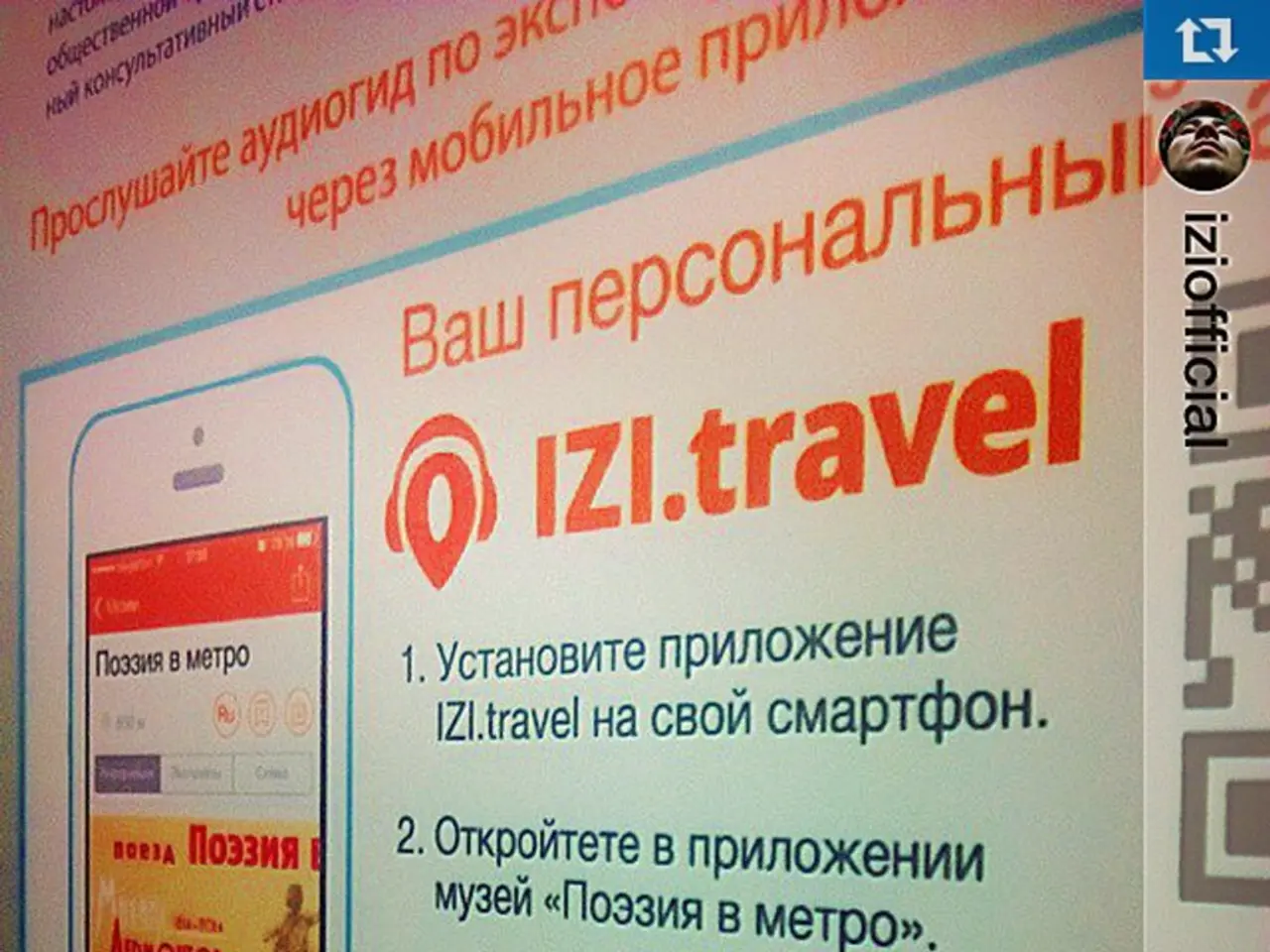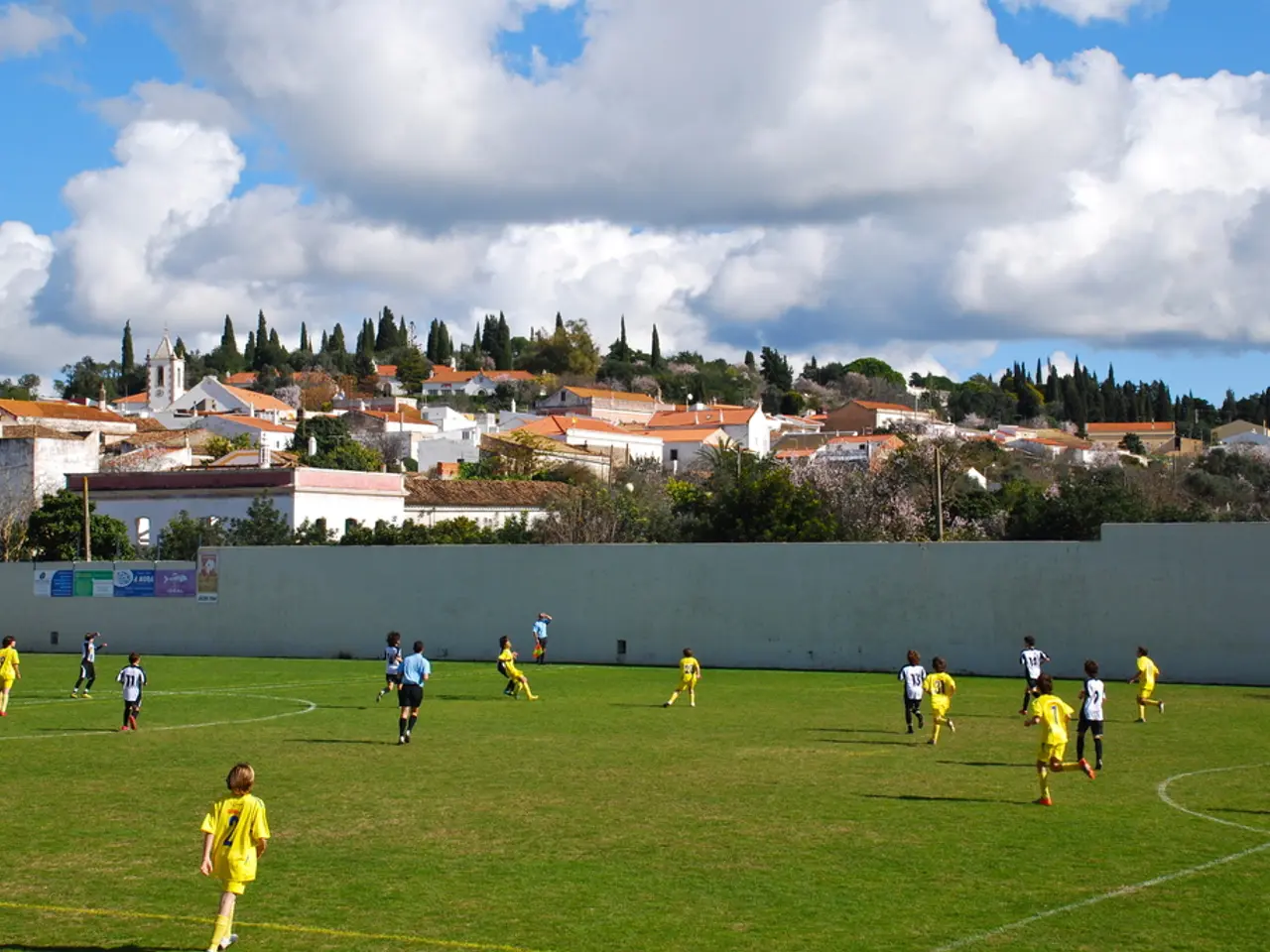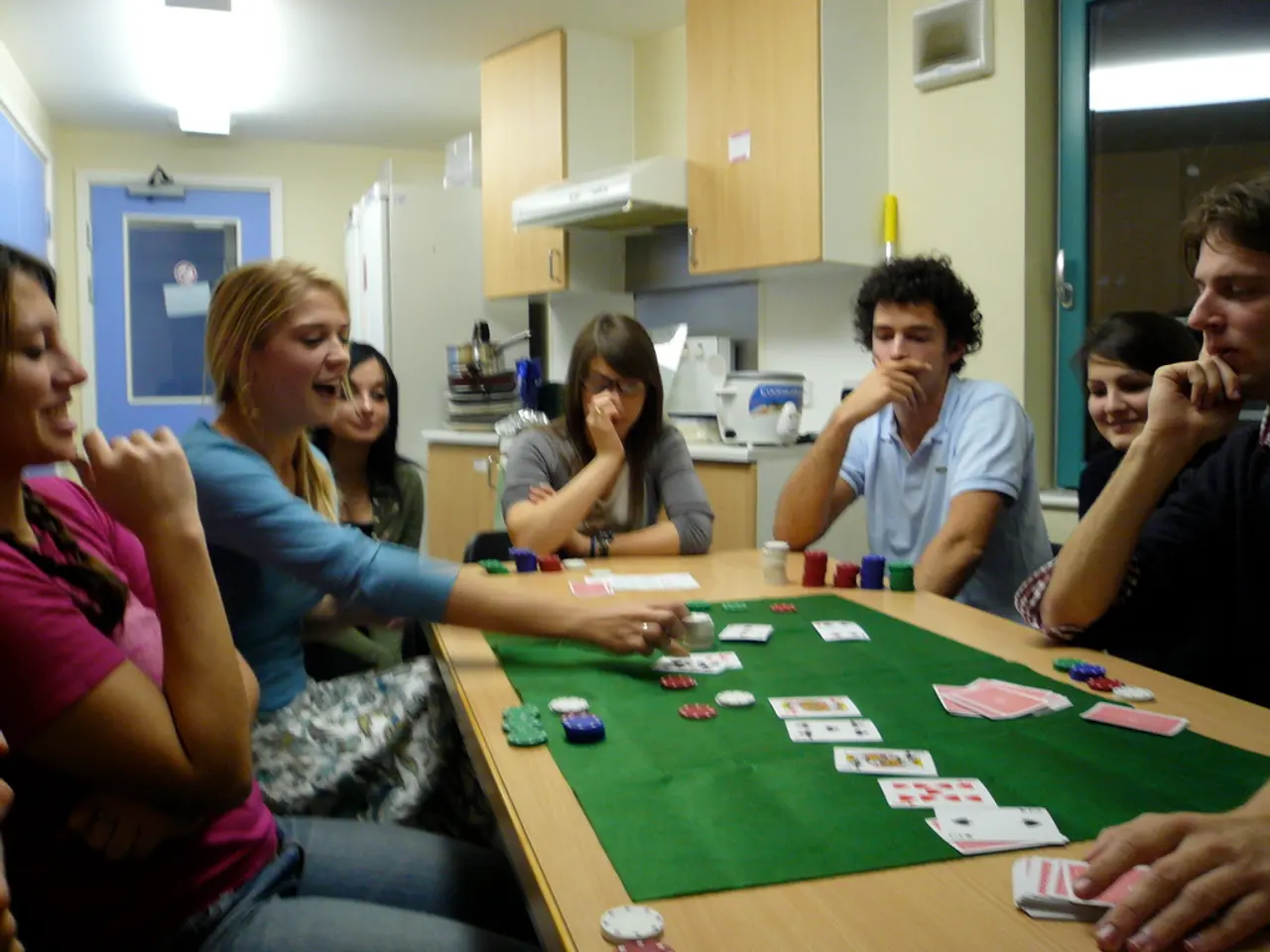Unrest in the Middle East: Israel and Iran Attack Each Other, Nuclear Facilities at Stake
Strikes on Ghom City and Isfahan's Nuclear Facility
In a tense turn of events, Israel and Iran are locked in an escalating conflict, with both nations engaging in hostilities that threaten regional stability and global nuclear ambitions. The latest exchange of attacks occurred overnight, leaving both sides claiming victory.
Explosions Rock Isfahan and Qom
According to reports, Israel launched a series of coordinated strikes against Iranian territories, with confirmed hits on a uranium enrichment plant in Isfahan and the city of Qom. The Iranian government-affiliated website, Iran Nuances, reported an explosion in Isfahan, while the Israeli military confirmed the attack, stating the primary target was uranium centrifuge production facilities. In Qom, a commander of the Al-Kuds Brigades of the Iranian Revolutionary Guards was killed, according to Israeli military reports, an incident that might further inflame the tensions.
International Response and Diplomatic Impasse
As the conflict between Israel and Iran worsens, the international community is weighing in on the potential solutions. US President Donald Trump has expressed he will decide within the following two weeks whether the United States, Israel's key ally, will intervene in the war. However, Iran's Foreign Minister Abbas Araghtchi has ruled out negotiations as long as Israel's attacks continue. The Israeli leadership shows no signs of ending the military campaign it initiated a week prior.
Israeli Chief of Staff Eyal Zamir stated, "We have begun the most complex operation in our history," while Israeli Foreign Minister Gideon Saar told Bild, "We've likely delayed their ability to obtain a nuclear bomb by at least two or three years." The escalating tensions have led some to question the potential for a diplomatic resolution to the conflict.
Fears of Escalation and Broader Regional Impact
The showdown between Israel and Iran increasingly involves not only nuclear facilities but also internal security sites. Recent Israeli airstrikes hit major targets, including the Evin Prison and a Revolutionary Guard base, in addition to the Fordow nuclear facility near Qom. Iran, too, has targeted U.S. forces in Qatar and Iraq with missile attacks, suggesting the conflict's potential to spread beyond the initial belligerents.
Moreover, the vulnerability of civilian populations continues to be a pressing concern. In Israel, at least 23 people were injured during an Iranian rocket attack on the Mediterranean city of Haifa, and airspace in both countries remains closed to passenger traffic due to the hostilities.
As the conflict persists, the likelihood of a prolonged stalemate or even further escalation grows, prompting continued efforts to broker peace and forestall the potential for wider regional conflicts.
Enrichment Insights:
- The recent round of Israeli airstrikes targeted internal security sites in Tehran, including the Basij headquarters and the Evin Prison, aimed at facilitating dissident escapes.
- Iran’s missile attacks on U.S. forces stationed in Qatar and Iraq highlight the potential for the conflict to broaden geographically.
- The cycle of retaliation between Israel and Iran displays the escalating stakes and intensity of the current conflict.
- The vulnerability of civilian populations, as demonstrated by the Haifa rocket attacks and the closure of airspace in both countries, underscores the need for a peaceful resolution to the conflict.
In light of the ongoing hostilities between Israel and Iran, the international community is debating potential resolutions, with US President Donald Trump considering intervention within the following two weeks. However, Iran's Foreign Minister Abbas Araghtchi has rejected negotiations as long as Israel's attacks persist, indicating a diplomatic impasse. The escalating tensions and targeted attacks on nuclear facilities, internal security sites, and civilian populations, such as the missile attacks on Haifa and the strikes on the Basij headquarters and Evin Prison in Tehran, suggest the potential for a prolonged stalemate or even further escalation, necessitating continued efforts towards peace and forestalling the potential for wider regional conflicts. The repercussions of the war-and-conflicts between these nations extend to the realm of politics, as global nuclear ambitions and general-news coverage keep the world on edge.







